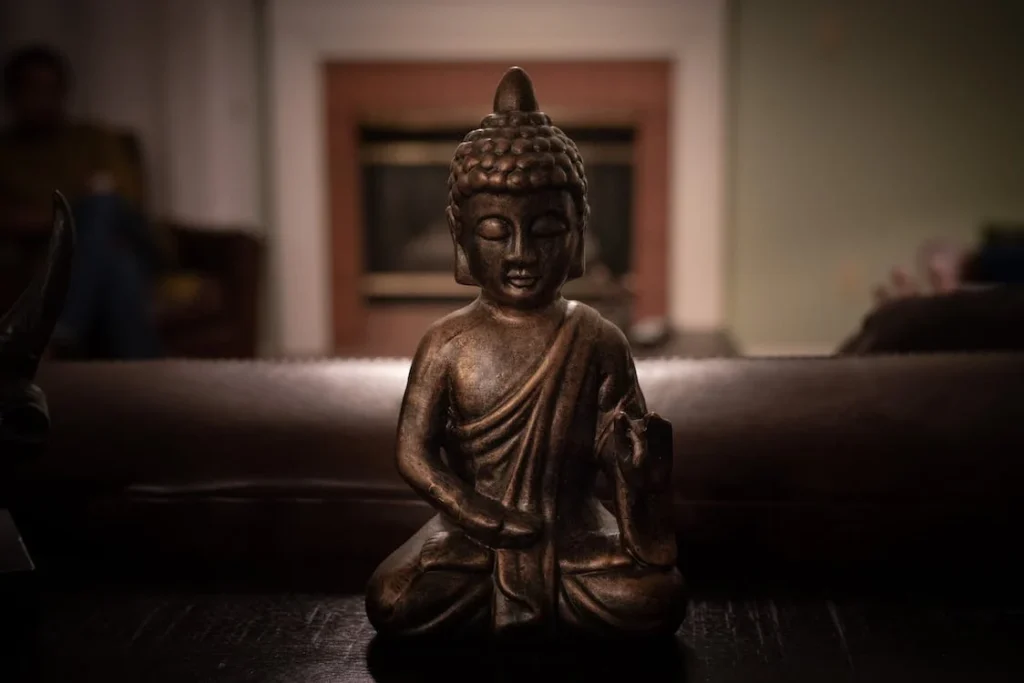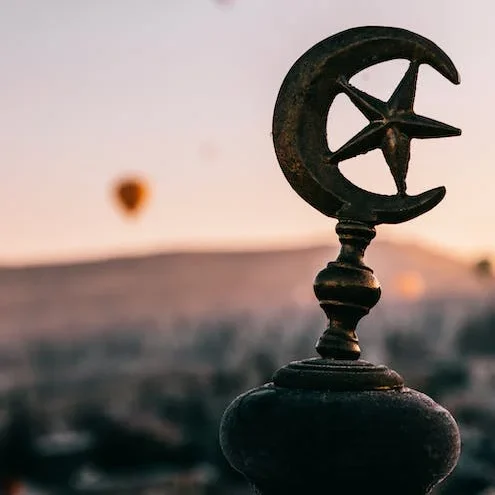Chocolate is a beloved treat enjoyed by people worldwide. It is used in various forms, such as candy, beverages, baked goods, and even savory dishes. However, chocolate has a much deeper meaning beyond its delicious taste. Throughout history, chocolate has held significant cultural and religious symbolism in various traditions worldwide.
Chocolate in Christianity
In Christianity, chocolate has traditionally been associated with religious holidays such as Easter and Christmas. During Easter, chocolate eggs and bunnies represent new life and resurrection. Chocolate has become a famous symbol of love and devotion on Valentine’s Day and is also offered as a gift to loved ones. Moreover, chocolate is also used during Catholic Holy Week, where it is a widespread custom to abstain from meat and indulge in sweets such as chocolate.

Symbolism of Chocolate in Hinduism
In Hinduism, chocolate has become a symbol of kindness and generosity. It is customary to offer guests sweets and treats, including chocolate. Furthermore, chocolate is associated with the goddess of wealth and prosperity, Lakshmi. Offering sweets and chocolates to Lakshmi is believed to bring good luck and fortune.

Chocolate in Buddhism
Buddhists view chocolate as a symbol of inner peace and mindfulness. They believe chocolate, like meditation, helps calm the mind and brings inner peace. Moreover, some Buddhist monasteries in Thailand cultivate cacao and produce chocolate for sustainable livelihood.

Chocolate in Islam
In Islam, chocolate is often consumed during religious festivals such as Eid al-Fitr and Eid al-Adha. It is customary to exchange sweets and treats, including chocolate, as a gesture of goodwill and friendship. Furthermore, chocolate is also used in Sufi rituals as a symbol of divine love and ecstasy.

Chocolate in Mayan Culture
The Mayans were the first to cultivate cacao, and chocolate held great cultural significance. They believed chocolate had spiritual and medicinal properties and used it in various ceremonies and rituals. Chocolate was also consumed during marriage ceremonies to symbolize fertility and prosperity.
Conclusion
In conclusion, chocolate is much more than a tasty treat. Its cultural and religious significance is deeply ingrained in various traditions worldwide. It is essential to acknowledge and respect chocolate’s diverse symbolism for different cultures and religions. Understanding these symbols and customs helps promote cultural awareness and inclusivity, vital for a harmonious and interconnected world.
FAQ’s
What is the significance of chocolate in Christianity?
Chocolate is traditionally associated with religious holidays such as Easter and Christmas. During Easter, chocolate eggs and bunnies represent new life and resurrection. Chocolate has also become a famous symbol of love and devotion on Valentine’s Day and is given as a gift to loved ones.
How is chocolate viewed in Hinduism?
Chocolate has become a symbol of kindness and generosity in Hinduism. It is customary to offer guests sweets and treats, including chocolate. Chocolate is also associated with the goddess of wealth and prosperity, Lakshmi, and offering sweets and chocolates to Lakshmi is believed to bring good luck and fortune.
What is the symbolism of chocolate in Buddhism?
Buddhists view chocolate as a symbol of inner peace and mindfulness. They believe chocolate, like meditation, helps calm the mind and brings inner peace. Some Buddhist monasteries in Thailand also cultivate cacao and produce chocolate for sustainable livelihood.
How is chocolate used in Islamic culture?
Chocolate is often consumed during religious festivals such as Eid al-Fitr and Eid al-Adha in Islamic culture. It is customary to exchange sweets and treats, including chocolate, as a gesture of goodwill and friendship. Chocolate is also used in Sufi rituals as a symbol of divine love and ecstasy.
What was the cultural significance of chocolate in Mayan society?
The Mayans were the first to cultivate cacao, and chocolate held great cultural significance in their society. They believed chocolate had spiritual and medicinal properties and used it in various ceremonies and rituals. Chocolate was also consumed during marriage ceremonies to symbolize fertility and prosperity.
